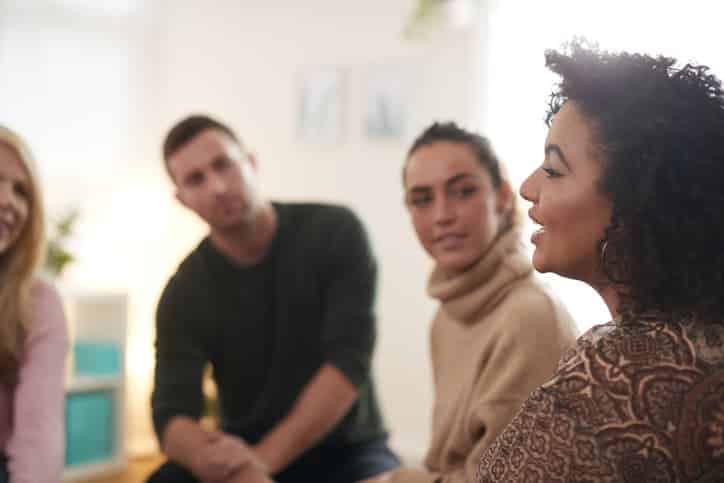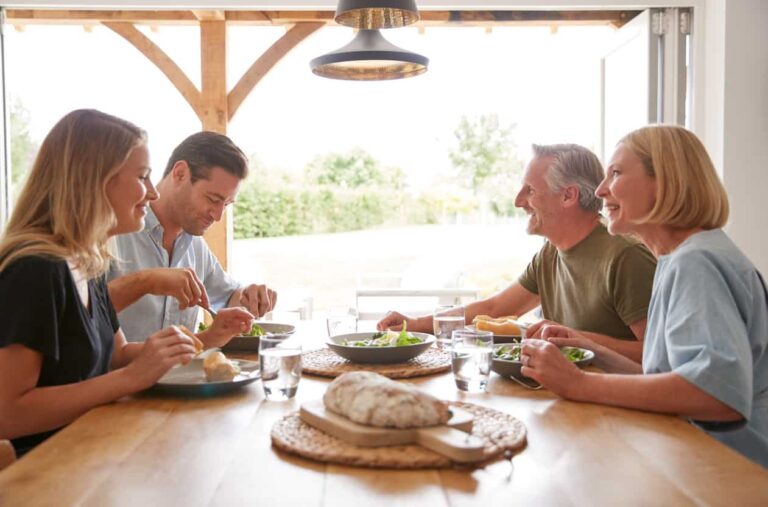Community in recovery is the heartbeat of long-term sobriety. When a new client comes to MARR, it’s our priority to make sure they are welcomed by staff and other clients as not an outsider, but fellow human beings. We do this for several reasons – one being that relational treatment is at MARR’s core and another is now living in a community that sets clients up for a successful life of recovery beyond MARR. This includes organized community systems, a buddy system, weekly groups, and a real-life environment to help deal with triggers daily.
Common Triggers
Since recovery is a lifelong journey, it’s important for clients to know their personal triggers. A trigger can be many things but is usually an emotional, environmental or social situation that brings up drug abuse in the past and leads to a desire to use again. While everyone is different, common triggers across substance addictions include stress, negative emotions, social isolation, access to their drug of choice, and others. At MARR, our clients experience these triggers often and learn how to cope.
A New Way of Living
Each client at MARR is placed into a home-like setting upon arrival. This includes a home separate from the treatment center, living with roommates, and an assigned buddy to help them navigate their new structure. This group becomes their home system throughout their time at MARR and they’re expected to complete chores, buy groceries together, have dinner at the dining room table every night, and navigate day-to-day activities. This sense of community has proven to be a huge factor in the recovery process. It lets clients know they’re not alone while challenging their old habits at the same time.
Real-Life Experiences
Another benefit of living in a community model is that clients experience triggers to use in real-life scenarios every day. This comes from their community members, interactions with staff members, and their part-time job which is required in phase two. Many times this means expressing anger, annoyance, disappointment, and other unpleasant emotions to their community members, which leads to stronger communication skills as well.
After leaving MARR, clients are inevitably going to experience conflict and triggers, so we want them to gain skills on how to handle them while they’re in a safe environment. Our goal is for clients to return to “normal” life knowing their triggers, and how to react without using mind-altering substances.
If interested in learning more about MARR, the first step is a phone call or message to our Clinical Assessment Team. Our licensed and certified clinicians are available for a confidential and complimentary conversation about the next steps you can take to get help. Call us at (678) 736-8694, or you can reach out via the chatbox.



